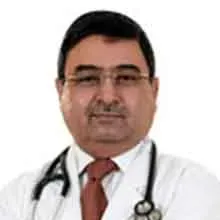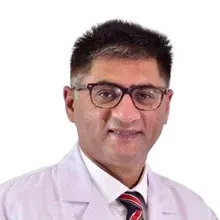Overview of Neuro Surgery Treatment
Neurosurgery involves surgical procedures to treat diseases of the nervous system, including the brain, spinal cord, and nerves. Neurosurgery treatment is used to treat different conditions like brain and spinal tumors, spinal stenosis, disc herniation, traumatic brain injury, and carpal tunnel syndrome. Various procedures like craniotomy, discectomy, tumor resection, spinal fusion, and laminectomy are performed according to the condition of each patient.
The cost of neurosurgery in India ranges from ₹ 2,00,000 to ₹ 4,45,000. The total cost depends on the diagnosis of the disease. Some factors can affect the total cost of neurosurgery treatment in India and these factors may include the facilities of the hospital, the severity of the disease, and complications after surgery.
Types of Neuro Surgery Treatment
Understanding the Nervous System
The nervous system in the body is responsible for all the actions in the body and it controls the body with the help of signals that it sends through the nerves to part of the body. There are two types of nervous system. These are:
- Central Nervous System
- Peripheral Nervous System
Central Nervous System (CNS)
The CNS is made up of the brain and spinal cord which is the extension of the brain from the neck to the lower back. The brain detects the information in the form of emotion, thought, and reasoning and sends messages to lower parts of the body to act accordingly. The brain controls all the activities of the body either consciously or unconsciously.
The spinal cord runs from the base of the brain to the lower back and it consists of a bundle of nerves. The spinal cord functions to connect the brain with different parts of the body and helps in different actions of the body.
Peripheral Nervous System (PNS)
The Peripheral Nervous System connects the CNS to the rest of the body. In this part of the system, the body sends messages to the brain and then the brain provides instructions and sends back messages to the body for a specific function. It can happen consciously and unconsciously.
Neurosurgical Techniques and Innovations
Some of the techniques and innovations in the field of neurosurgery are as follows:
Microsurgery
In Microsurgery, specialized microscopes and specific instruments are used to perform the procedures on small structures within the brain and spinal cord. This technique allows the surgeon to perform the procedure more accurately and lowers the chances of damage to surrounding healthy tissues.
Endoscopic Surgery
In Endoscopic techniques, a thin, flexible tube with a camera is used which is called an endoscope. It is used to access and visualize areas within the brain or spine. This minimally invasive approach reduces the need for larger cuts and also speeds up the recovery.
Radiosurgery
In Radiosurgery, strong radiation is used to treat brain tumors and other abnormalities without the need for traditional surgery. It is a non-invasive procedure that also reduces the chance of damage to healthy tissues.
Robotic-Assisted Surgery
Robotic systems are used by surgeons to increase the precision of procedures. They are particularly useful for complex surgeries and allow for smaller incisions and quicker recovery.
Neuromodulation and Deep Brain Stimulation (DBS)
In deep brain stimulation, an electrode is used to place in the brain that helps in the regulation of abnormal activity of the brain. It is useful in the degenerative diseases of movement disorder.
Minimally Invasive Spinal Surgery
Unlike traditional methods, minimally invasive techniques help to reduce tissue damage, pain, and recovery time. These include minimally invasive spinal procedures and tumor removal in the brain.
Intraoperative Imaging
Advanced imaging technologies like MRI and CT scans provide real-time information during surgery. This helps surgeons make informed decisions and ensure the completeness of procedures.
Tumor Targeting with Fluorescence
Fluorescent dyes are also used to highlight tissues of tumors during surgery which makes it easier for surgeons to see the difference between healthy and abnormal tissue.
Neurovascular Interventions
In neurosurgery, some special techniques are used to treat the diseases of blood vessels in the brain. In these techniques, a catheter is used to treat the abnormal blood vessels.
Patient-Specific Implants
Sometimes the implants and prosthetics are used to treat the condition of a patient. The implants should be according to the patient to ensure a better fit and improved outcomes.
Diagnosis & Cost of Neuro Surgery Treatment in India
Neurosurgical diagnosis usually starts with the medical history and physical examination of the patient. Advanced imaging techniques such as MRI (Magnetic Resonance Imaging) and CT (Computed Tomography) scans are used to see a clear picture of the brain and spinal cord structures. It helps to find out the abnormalities like brain or spinal tumors, vascular diseases, or trauma injuries.
Some of the diagnostic methods may include:
Electroencephalography (EEG) for assessing brain activity and diagnosing conditions like epilepsy.
Electromyography (EMG) to find out the health of muscles and the nerves attached to them.
Lumbar puncture is used to examine cerebrospinal fluid for infections, bleeding, or other issues.
Angiography is used to see inside the blood vessels and detect abnormalities.
The Role of Multidisciplinary Teams in Neurosurgery
Collaboration Between Specialists
Neurosurgery cases are complex so different members of the team work together. They share their knowledge to create a plan according to individual patients. A unique way of surgical treatment is planned according to the individual patient.
Patient Care
In patient care, the patient is treated as a whole and not just the diseased part. In this, a holistic approach is used for the betterment of patients in physical, emotional, and psychological aspects.
Treatment Planning and Decision-making
The team discusses the condition of each patient. They discuss if surgery is needed, how it should be done, and what could go wrong. All the experts give their opinions to make the best treatment plan for a patient.
Continuity of Care
In the treatment, all specialists inform each other about the progress of recovery and then change the treatment plan accordingly to achieve the maximum health of the patient.
Neurocritical Care and Postoperative Management
Neurocritical Care
After the procedure of neurosurgery, there is a need for special care in the intensive care unit (ICU). This type of care is known as neurocritical care. It is like giving extra attention to the brain and nervous system to make sure they are healing well. Doctors and nurses closely watch things like brain pressure, oxygen levels, and other important signs. They use machines and medicines to keep everything balanced and help to recover the brain.
Postoperative Management
The management of patients after an operation is an important part. During this time, doctors and nurses keep a close eye on the condition of the patient. During this period, medications are used to manage the pain of patients. Some medicines are used to prevent infection and bleeding. There must be special care for wound healing and early mobility of patients to prevent any complications.
Rehabilitation after Neurosurgery
Rehabilitation after surgery is the most important part of the recovery process. Rehabilitation is like a special program to help people get better after neurosurgery. The surgeon, therapist, and family members help the patient to recover and go back to normal activities just like before the surgery.
Physical Therapy
In the physiotherapy department, physiotherapists suggest some exercises for the patient. They help with moving the body, building strength, and improving coordination. For example, after spinal surgery of a patient, physical therapy can help them walk better or move their arms more easily.
Occupational Therapy
Occupational therapy helps with daily activities like eating, dressing, and bathing. Therapists find ways to make these tasks easier if someone is having trouble after surgery.
Speech Therapy
If the surgery affects the brain and communication, speech therapists can help to improve speaking, understanding, and swallowing of food.
Relearning Skills
Sometimes, people need to relearn things they knew before the surgery, like writing or using tools. Rehabilitation helps the patient to relearn the task with more ease.
Support and Training
Guiding the patient and family members is also part of the rehabilitation program. Patients must be educated to avoid any complications in the recovery. For this purpose, support and training from surgeons, therapists, and family members are needed.
Neurosurgery Techniques for Pain Management
Neurosurgery techniques for pain management are advanced methods used to help people who are struggling with intense pain. When other treatments like medications or therapies fail to relieve pain, these surgical approaches can offer hope for improved quality of life. These are:
Neuromodulation: This technique uses electrical signals to modify pain pathways and reduce discomfort.
Neuroablative Procedures: In this method, pain pathways are destroyed by applying heat or cold to target nerves.
Spinal Cord Stimulation (SCS): In this, electrical impulses are sent near the spinal cord to block pain sensations.
Peripheral Nerve Stimulation: It involves placing electrodes on peripheral nerves to change the pain sensation.
Dorsal Root Ganglion (DRG) Stimulation: It provides pain relief by blocking the bundle of nerves.
Intrathecal Drug Delivery: In this procedure, pain-relieving medications are delivered directly into the spinal fluid.
Surgical Decompression: The structures that press on nerves to relieve pain caused by compression.
Palliative Neurosurgery
Palliative neurosurgery is a special approach in which surgery is used to increase the comfort and quality of life for individuals who are suffering from end-stage disease of the brain and spinal cord that cannot be completely cured. Unlike curative surgery which helps to eliminate the underlying problem, palliative neurosurgery focuses on decreasing the effect of symptoms on the patient's life such as reducing pain and enhancing the overall well-being of the patient.
Managing Symptoms and Improving Comfort
In many cases, patients with end-stage disease experience symptoms that affect their comfort and well-being. These symptoms can include pain, limitations in movement, muscle spasms, and other disturbances. Palliative neurosurgery is designed to reduce these symptoms and provide relief, which can lead to improved comfort and a better overall life quality for the patient.
Cost of Neurosurgery Treatment in India
The cost of Neurosurgery Treatment in India ranges from ₹ 2,00,000 to ₹ 4,45,000. The cost can vary according to the type of neurosurgery procedure. The cost can vary according to the protocol of each hospital and the skills of a particular surgeon. The cost can also vary if the patient shows any complications after the surgery. In this case, additional treatment strategy is required which may increase the stay at the hospital and can affect the cost.
| Cost of Neurosurgery Treatment in India |
Min in INR |
Max in INR |
| CyberKnife Treatment |
₹ 3,05,000 |
₹ 4,09,000 |
| Brain Tumor Surgery |
₹ 1,72,600 |
₹ 2,31,800 |
| Spinal Fusion Surgery |
₹ 3,28,000 |
₹ 4,39,000 |
| Gamma Knife for AVM or Brain Tumor |
₹ 2,70,000 |
₹ 3,62,000 |
| Brain Haemorrhage Treatment |
₹ 2,39,200 |
₹ 3,20,000 |
| Pituitary Tumor Treatment |
₹ 2,83,000 |
₹ 3,79,000 |
| Hydrocephalus Treatment |
₹ 1,50,000 |
₹ 2,02,000 |
| Spine Tumour Surgery |
₹ 1,94,000 |
₹ 2,61,000 |
| Craniotomy Surgery |
₹ 2,89,000 |
₹ 3,85,000 |
| Meningioma |
₹ 2,17,000 |
₹ 2,91,000 |
| Cranioplasty |
₹ 2,99,000 |
₹ 4,05,000 |
| Gliomas Treatment |
₹ 2,61,000 |
₹ 3,50,000 |
| Cerebral Angioplasty |
₹ 1,94,000 |
₹ 2,61,000 |
Cost of Neurosurgery Treatment in Different Cities of India
| Cost of Neurosurgery Treatment in Different Cities of India |
Min in INR |
Max in INR |
| New Delhi |
₹ 2,01,000 |
₹ 3,18,000 |
| Gurgaon |
₹ 2,07,000 |
₹ 3,12,000 |
| Noida |
₹ 1,93,000 |
₹ 3,25,000 |
| Chennai |
₹ 2,07,000 |
₹ 3,00,000 |
| Mumbai |
₹ 2,11,000 |
₹ 3,18,000 |
| Bangalore |
₹ 2,01,000 |
₹ 3,07,000 |
| Kolkata |
₹ 1,93,000 |
₹ 2,93,000 |
| Jaipur |
₹ 1,80,000 |
₹ 2,91,000 |
| Mohali |
₹ 1,85,000 |
₹ 4,43,000 |
| Ahmedabad |
₹ 1,72,000 |
₹ 2,89,000 |
| Hyderabad |
₹ 2,00,000 |
₹ 3,04,000 |
Symptoms & Risk Factors of Neuro Surgery Treatment
Some of the indications of neurosurgery are:
- Removing Brain Tumors
- Fixing Spinal Cord Problems
- Treating Weak Blood Vessels in the Brain
- Fixing Brain or Spine Injuries
- Managing Water on the Brain
- Fixing Brain Tissue Going Down into the Neck
- Helping with Severe Seizures
- Fixing Shaky Movements
- Stopping Intense Face Pain
- Fixing Nerves in the Head
- Fixing Squashed Nerves in the Neck or Back
- Helping with Narrowed Blood Vessels in the Neck
- Fixing Discs Between the Bones in the Spine
- Helping with Nerve Problems in the Face
- Fixing Worn-out Spine Bones
- Opening Narrowed Neck Arteries
- Treating Problems in the Pituitary Gland
- Fixing Brain Issues after a Stroke
- Treating Infected Areas in the Brain
- Helping with a Rare Blood Vessel Problem
Risk Factors of Neurosurgery
Some of the risk factors of Neurosurgery are as follows:
Anesthesia Risks
There is a risk of anesthesia reactions like allergy and breathing problems.
Bleeding and Blood Clotting
There is a risk of bleeding and the formation of blood clots after the surgery which should be managed to prevent any complications.
Infection Risk
Surgical procedures have the risk of infection especially in sensitive areas like the brain. But infection can spread to other parts too.
Nerve and Organ Damage
There is a risk of nerve damage that can impair function like hearing sensation. Sometimes surgery leads to organ damage due to poor skills.
Poor Wound Healing
Certain health conditions can disturb wound healing after surgery. This can increase the recovery time of patients.
Neurological Complications
Neurological changes or complications can occur because of the involvement of brain tissues.
Surgical Site Complications
Infections, fluid buildup, or poor wound healing at the surgical site can delay the recovery in patients. Sometimes additional treatment is required to manage these complications.
Postoperative Pain and Discomfort
Some patients may feel severe pain and discomfort after surgery and may need medications for a long time to deal with this complication.












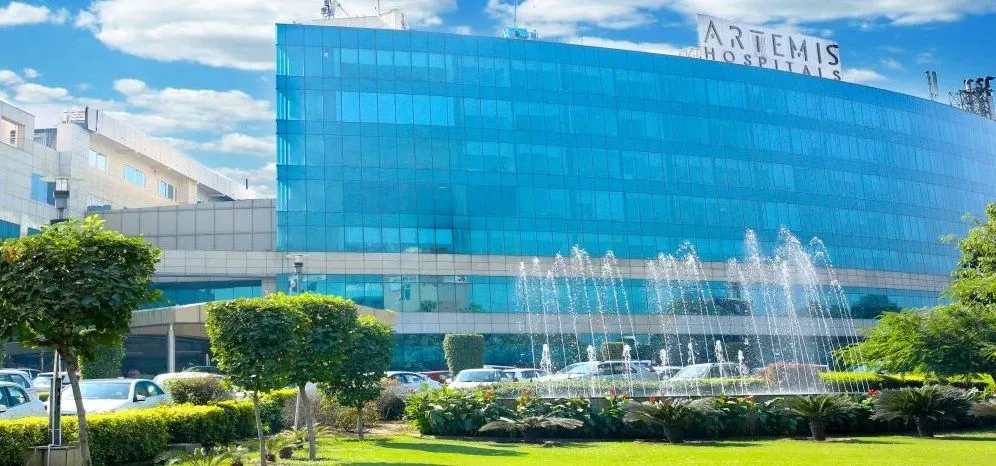
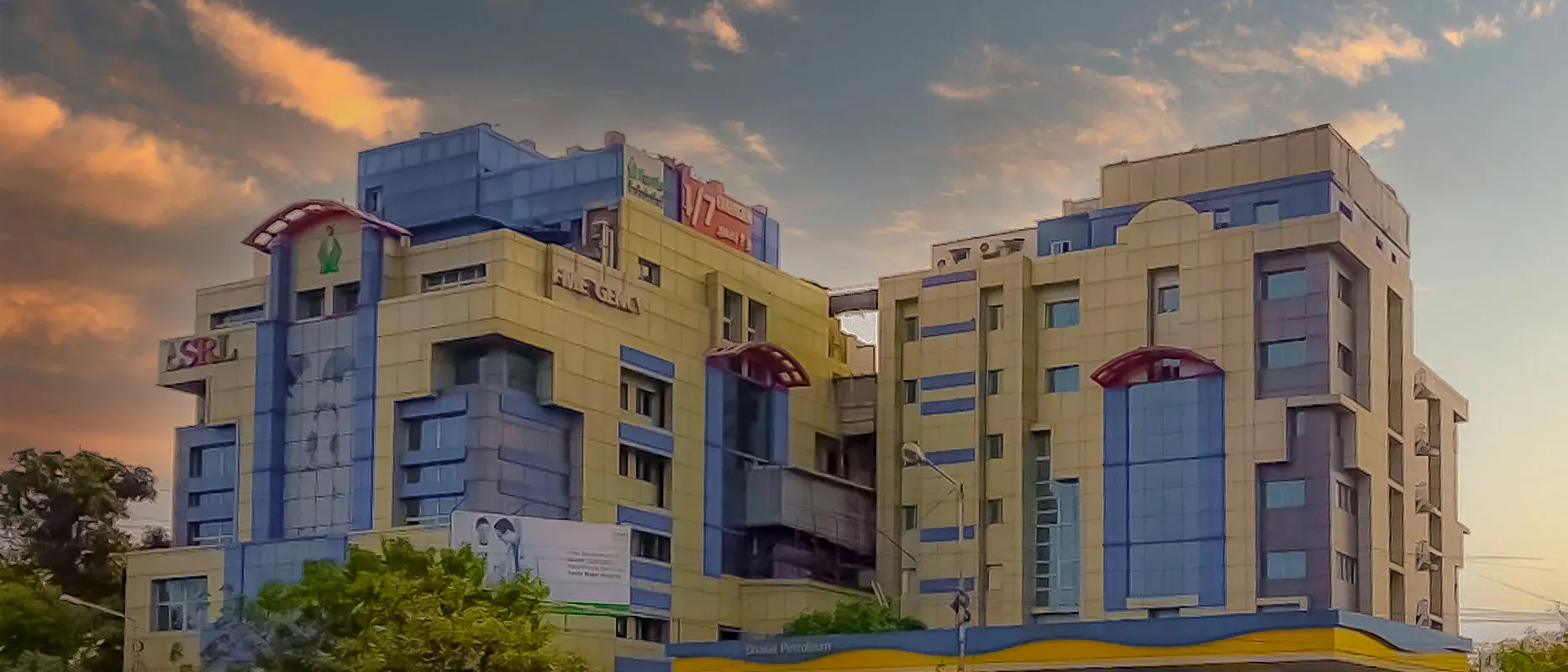
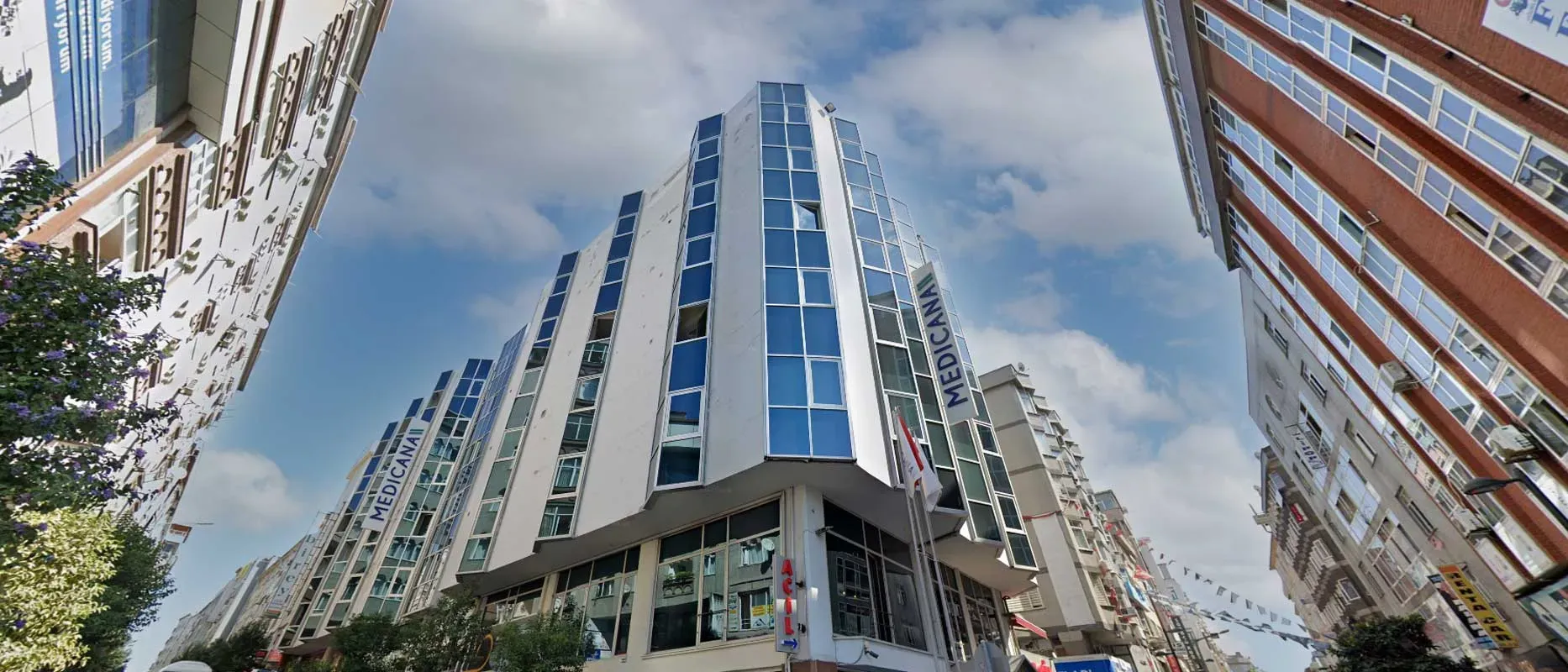
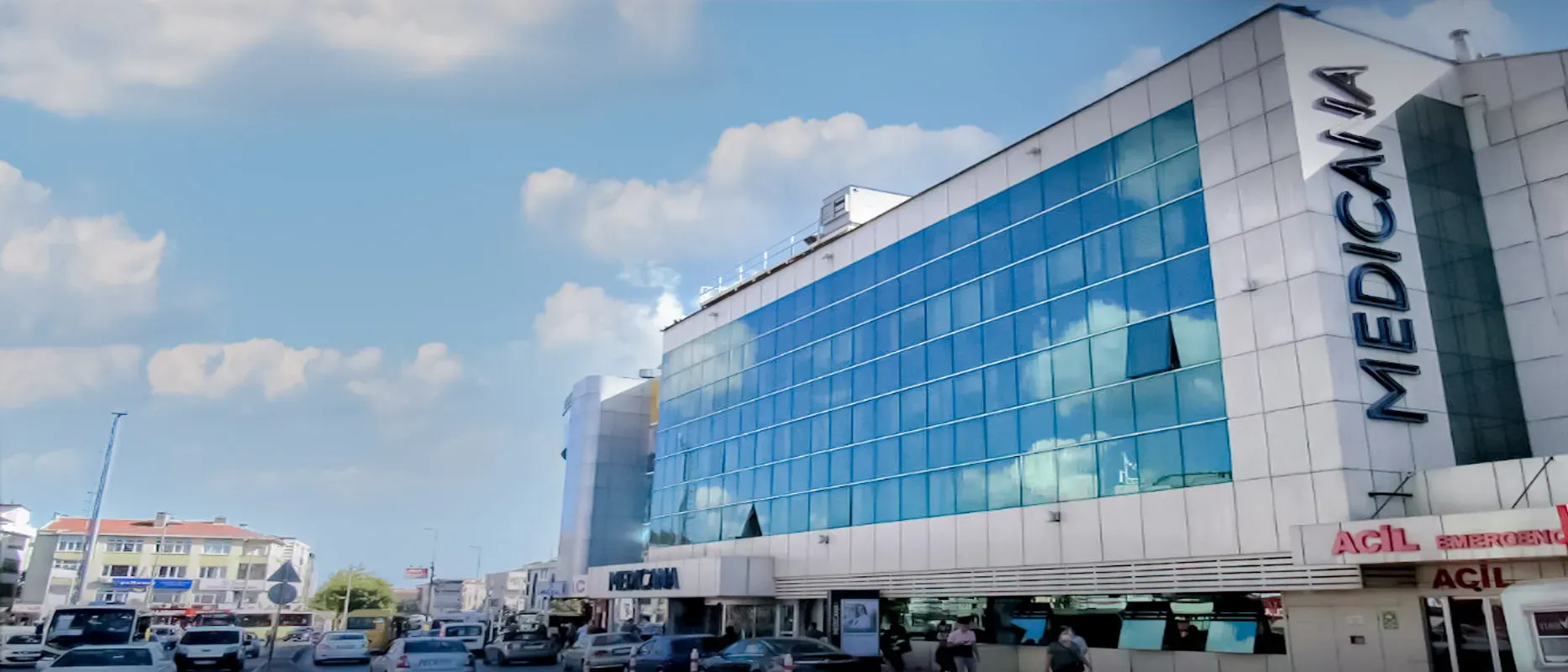
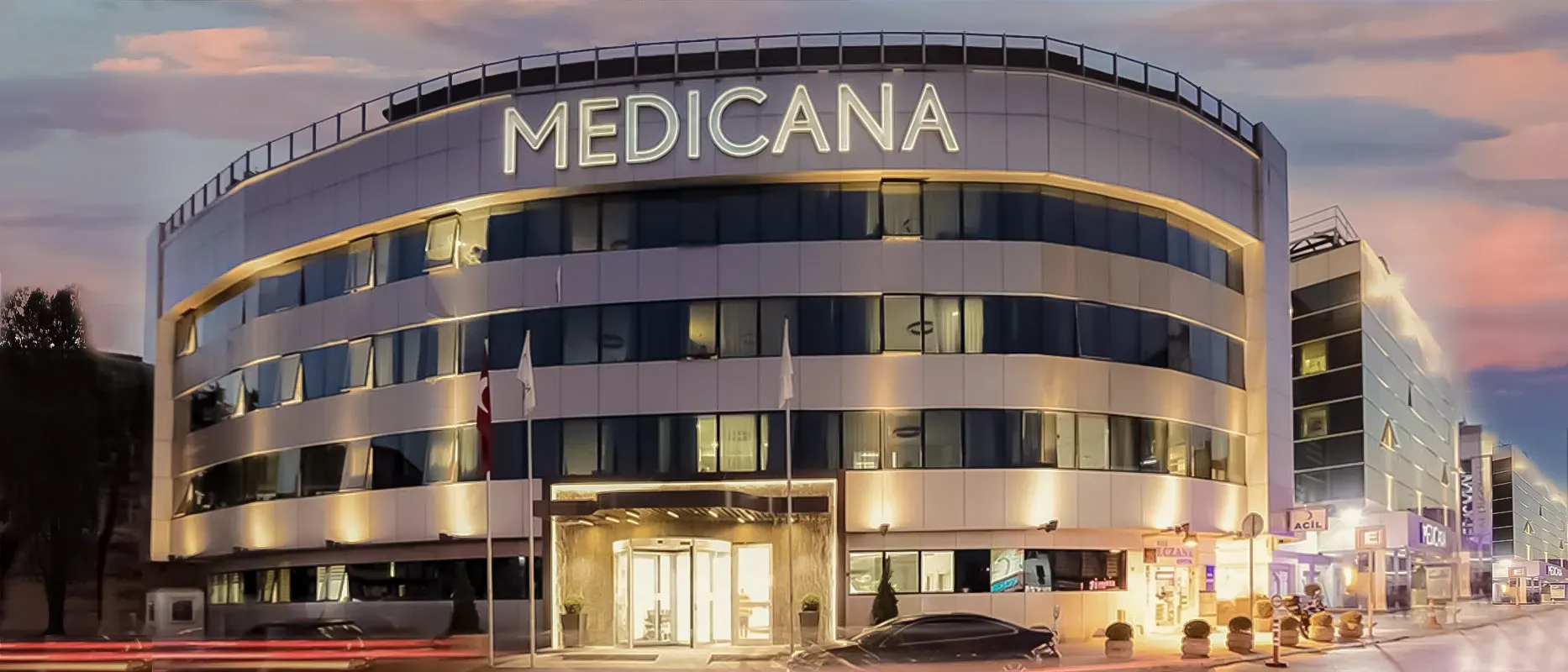
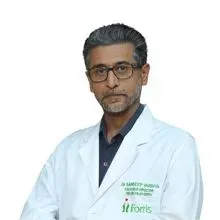

.-dr.-bipin-walia.webp)
